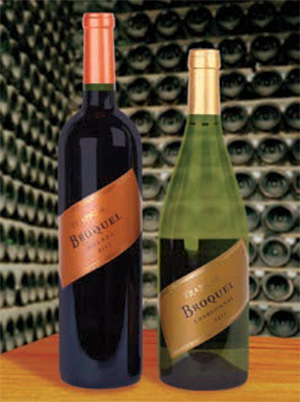 No Llores Por Mi, Argentina
No Llores Por Mi, Argentina
Come with us now to Argentina, famous for the tango, Che Guevara, gauchos, and, increasingly, wine. Like 85 percent of Argentina’s quality producers, Trapiche is located in Mendoza in the north-central part of the country near the eastern foothils of the Andes.
Trapiche was founded in 1883 by Tiburcio Benegas. The winery was privately held for nearly 120 years, and grew to 16,500 acres of vineyards. A consortium of investment bankers acquired the business in 2002, and reduced the area under cultivation to 3,100 acres. The winery also sources fruit from over 200 independent growers, enabling Trapiche to become the largest producer of wine in Argentina. It is a two-time winner of the International Wine and Spirit Competition Argentinian Wine Producer of the Year award.
The winery is committed to biodynamic viticultural practices, which are aimed at preserving the natural properties of crops by eliminating the use of chemicals, herbicides, and fungicides. Biodynamics also strives to sustain ecosystem balance, biological diversity, and to recover bacterial activity in the soil. Organic plant and animal fertilizers are sourced from a farm located at the the winery.
The extensive Trapiche portfolio includes Malbec, Sauvignon Blanc, Cabernet Sauvignon, Pinot Noir, Syrah, Chardonnay, Merlot, Torrontes, Rosé, Viognier, Pinot Grigio, Moscato, and Tempranillo, as well as a yearly set of single-vineyard Malbecs created by winemaker Daniel Pi as a way to show an appreciation for smaller, individual Mendoza growers.
Trapiche Broquel Chardonnay 2011
Trapiche’s Broquel (Spanish for shield) wines are sourced from high-altitude vineyards with the best terriors for each variety. This wine’s lemonade-yellow appearance is complemented by suggestions of grapefruit and ripe melon on the nose. That ripe melon continues in the taste, complemented by honey and spice. The mouthfeel has an unsalted butter roundness and a silky smoothness. The wine was aged for 15 months in 100% new French and American oak barrels.
Try this Chard with Seafood Ceviche, Braised Snapper and Mussels, or Chicken à la Chinita.
Trapiche Broquel Malbec 2011
Malbec is a black-skinned grape variety native to southern France, but now better known as the iconic wine grape of Argentina. Through its success in the vineyards of Mendoza, in a few short decades Malbec has shot from relative obscurity to international fame.
Although some Malbec producers are moving toward a more “international,” fruit-forward style, native Argentinian Daniel Pi prefers the expression of a more traditional approach.
And, yes, the fruit is somewhat recessive in this wine. It is dark garnet in the glass, with good legs (those little rivulets that drain back into the bowl). On the palate I tasted blueberry and black fruits, cocoa, and black-tea tannins. It ends with a moderate-length finish.
This wine will go nicely with Braised Rabbit in Unsweetened Chocolate Sauce, Flank Steak Filled with Spinach and Pistachios, or Grilled Venison.
https://www.trapichewines-usa.com/tier/broquel/
Top of page: https://winervana.com/blog/

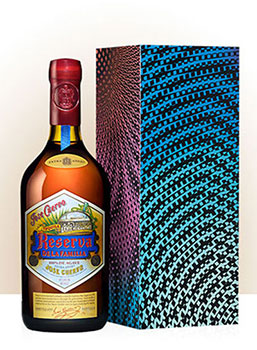
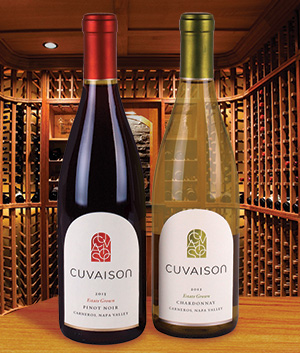 Mean, Green,
Mean, Green,
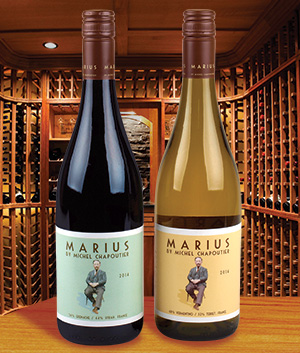 Honor Thy Grandfather
Honor Thy Grandfather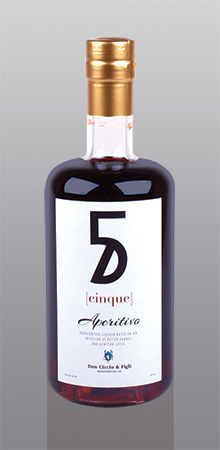 Ciao, Italia!
Ciao, Italia!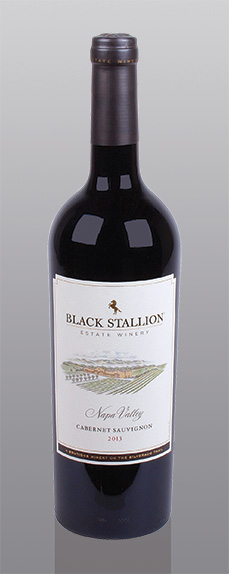 In 1894, Gaspare Indelicato was born in the small village of Campobello di Mazara in the province of Trapani, Sicily. In 1911, at the tender age of 16, he emigrated by himself to the United States through Ellis Island, New York, as many European immigrants of the time did.
In 1894, Gaspare Indelicato was born in the small village of Campobello di Mazara in the province of Trapani, Sicily. In 1911, at the tender age of 16, he emigrated by himself to the United States through Ellis Island, New York, as many European immigrants of the time did.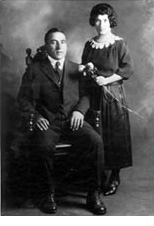 Eventually, Gaspare found his way to Manteca, California, about 75 miles east of San Francisco, in the agriculturally-rich San Joaquin Valley, where the climate reminded him of his homeland. There he met and married his wife Caterina Luppino. In 1924, Gaspare and his brother-in-law Sebastiano made a bold decision to purchase a 68-acre dilapidated dairy farm, planted grapes, and shipped them by train to home winemakers in Chicago and and the Northeast during Prohibition. (Although technically illegal under the Volstead Act that delineated Prohibition, home winemaking was very rarely prosecuted, since the law was vague about it, and the government had its hands full dealing with bootleggers and organized crime surrounding alcohol.)
Eventually, Gaspare found his way to Manteca, California, about 75 miles east of San Francisco, in the agriculturally-rich San Joaquin Valley, where the climate reminded him of his homeland. There he met and married his wife Caterina Luppino. In 1924, Gaspare and his brother-in-law Sebastiano made a bold decision to purchase a 68-acre dilapidated dairy farm, planted grapes, and shipped them by train to home winemakers in Chicago and and the Northeast during Prohibition. (Although technically illegal under the Volstead Act that delineated Prohibition, home winemaking was very rarely prosecuted, since the law was vague about it, and the government had its hands full dealing with bootleggers and organized crime surrounding alcohol.)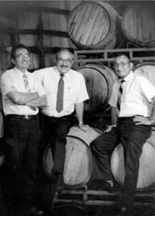 By 1940, the Delicato winery was making and selling about 15,000 gallons a year. As the business continued to grow, Gaspare’s three sons, Frank, Anthony, and Vincent, joined the winery in the 1950s. In 1955, production reached 74,107 gallons. By 1964, the winery increased its capacity to 403,000 gallons. This steady growth over the years is what makes Delicato Family Wines (as it is now known) today a Top 10 U.S. wine supplier. With total sales of more than 16 million cases per year and more than a decade of sustained double-digit growth, Delicato Family Wines is the sixth-largest winery in America and the sixth-largest exporter of branded wine from the USA, and employs more than 200 people.
By 1940, the Delicato winery was making and selling about 15,000 gallons a year. As the business continued to grow, Gaspare’s three sons, Frank, Anthony, and Vincent, joined the winery in the 1950s. In 1955, production reached 74,107 gallons. By 1964, the winery increased its capacity to 403,000 gallons. This steady growth over the years is what makes Delicato Family Wines (as it is now known) today a Top 10 U.S. wine supplier. With total sales of more than 16 million cases per year and more than a decade of sustained double-digit growth, Delicato Family Wines is the sixth-largest winery in America and the sixth-largest exporter of branded wine from the USA, and employs more than 200 people.
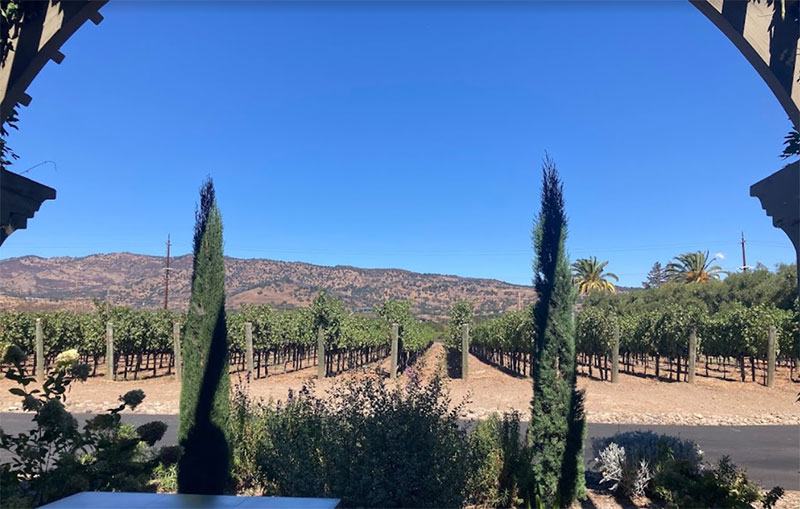
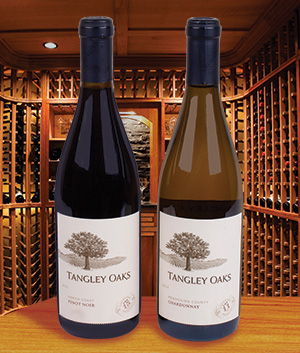 Négociant [nay-goh-SYAHN] is the French word for “dealer” or “merchant,” and is used in wine circles to denote an individual or company that negotiates, sells, and ships wine as a wholesaler. Traditionally, négociants have often handled all aspects of wine production except the actual farming, including purchasing grapes, making the wine, blending, bottling, and shipping. In some transactions, there is another intermediary: a courtier or “wine broker,” who helps establish the price paid by a négociant to a small producer. Some of the better known French négociants are Barton & Guestier, Calvet, Cordier, Moueix, and Sichel.
Négociant [nay-goh-SYAHN] is the French word for “dealer” or “merchant,” and is used in wine circles to denote an individual or company that negotiates, sells, and ships wine as a wholesaler. Traditionally, négociants have often handled all aspects of wine production except the actual farming, including purchasing grapes, making the wine, blending, bottling, and shipping. In some transactions, there is another intermediary: a courtier or “wine broker,” who helps establish the price paid by a négociant to a small producer. Some of the better known French négociants are Barton & Guestier, Calvet, Cordier, Moueix, and Sichel.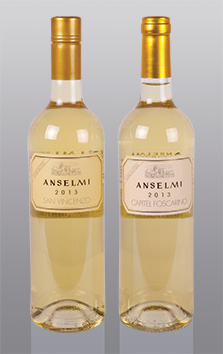 Roberto Anselmi is a legend of north Italian winemaking, a charismatic, motorbike-riding rebel whose uncompromising quality-over-quantity approach has helped redefine the wines of the Veneto through his insistence on higher standards. It has earned him the title, “the conscience of Soave.”
Roberto Anselmi is a legend of north Italian winemaking, a charismatic, motorbike-riding rebel whose uncompromising quality-over-quantity approach has helped redefine the wines of the Veneto through his insistence on higher standards. It has earned him the title, “the conscience of Soave.”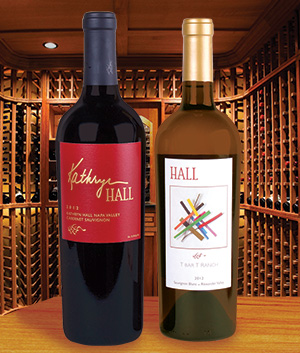 Kathryn Walt Hall has a most impressive curriculum vitae. To touch on just a few of the high points, she is the proprietor of HALL Wines and WALT Wines [family businesses she has been involved with for over thirty years], was assistant city attorney in Berkeley, California, worked as an attorney and businesswoman in Dallas, Texas, and has served on numerous non-profit and institutional boards, with an emphasis on issues related to social care and mental health. From 1997 to July 2001, Ms. Hall served as the United States Ambassador to Austria. In the midst of this, together with her husband Craig she has raised four children.
Kathryn Walt Hall has a most impressive curriculum vitae. To touch on just a few of the high points, she is the proprietor of HALL Wines and WALT Wines [family businesses she has been involved with for over thirty years], was assistant city attorney in Berkeley, California, worked as an attorney and businesswoman in Dallas, Texas, and has served on numerous non-profit and institutional boards, with an emphasis on issues related to social care and mental health. From 1997 to July 2001, Ms. Hall served as the United States Ambassador to Austria. In the midst of this, together with her husband Craig she has raised four children.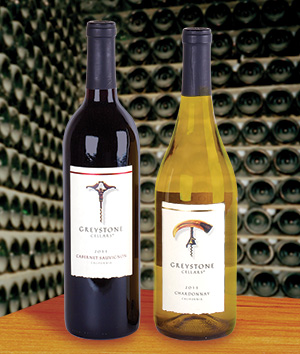
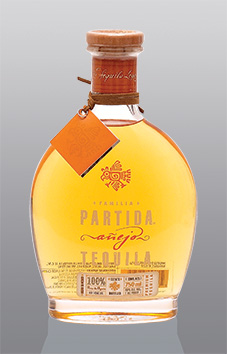
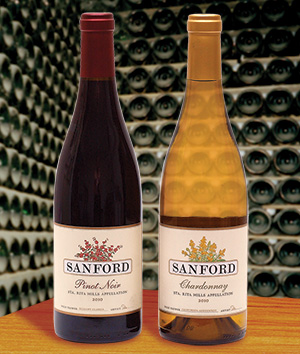
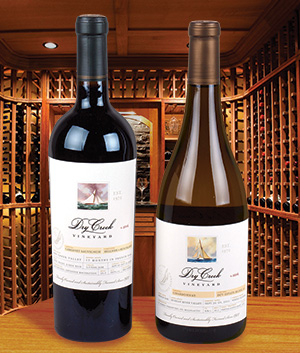 Come Sail Away
Come Sail Away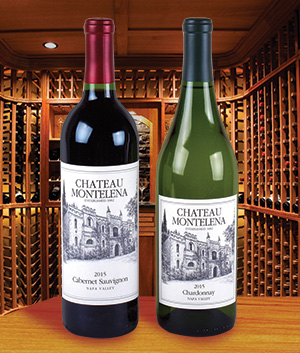 Can’t Keep ‘em Down on the Farm After They’ve Seen Puhree
Can’t Keep ‘em Down on the Farm After They’ve Seen Puhree